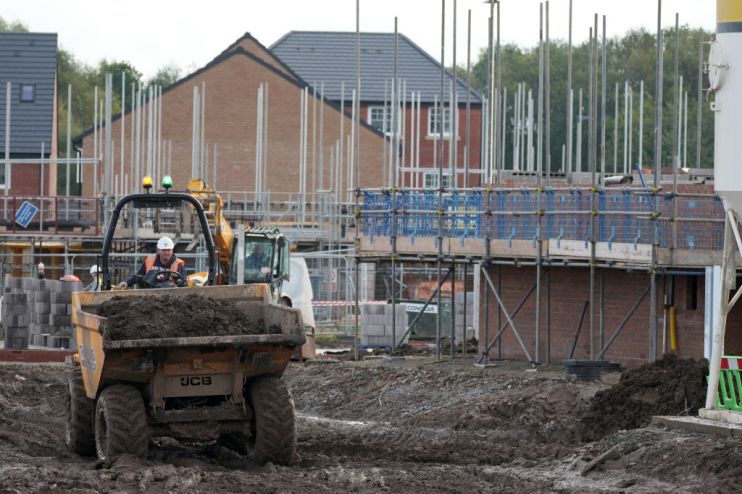London pips Geneva as world’s most expensive city to build in

London has narrowly overtaken Geneva to become the most expensive city in the world to build in, according to a new report.
Increasingly stringent safety and sustainability targets for construction projects have pushed prices upwards, placing the UK capital ahead of the likes of Geneva, Zurich and Munich.
The report, compiled by the consultancy Arcadis, compared construction costs at 100 of the world’s largest cities.
Every city in the UK and Ireland sat within the top 25 most expensive locations to build in the world, excluding Belfast.
Specification enchancements related to “building safety, sustainability and client expectation” pushed prices higher than most other regions, Arcadis said.
Inflation has bumped up building costs worldwide. But in the UK, viability challenges, improved building safety and new carbon emissions regulations have created uncertainty even as inflation has fallen.
A string of nationally significant infrastructure projects have been delayed amid soaring costs, including embattled High Speed Two and the £9bn Lower Thames Crossing.
The report added uncertainty in UK projects would likely continue throughout 2024 given national, mayoral and local elections over the coming months.
The latest construction PMI offered some signs of hope, as a recovery in housebuilding helped push activity in the construction sector to its highest level since August last year.
In Europe, rising costs and double-digit price growth in Munich lifted the Bavarian capital significantly up the rankings, ahead of New York and San Fransisco, in 5th and 6th place respectively.
Simon Rawlinson, head of research and strategic insight at Arcadis, said: “With minimal GDP growth and high interest rates, many projects face viability challenges due to regulatory and election uncertainties.”
“As fiscal conditions tighten, public and private sector collaboration is crucial for investment and urban renewal.
“Despite challenges, infrastructure, particularly in energy transition and water projects, shows promise,” he added, although the cancellation of HS2’s Manchester leg led to “transport spending disruptions and fund reallocation.”
Peter Hogg, UK cities director at Arcadis, said: “Despite a 10 per cent year-on-year decline in construction output and a significant 20 per cent drop in housing, the commercial sub-sector experienced a notable 24 per cent rise, largely attributed to retrofit activity.
However, he noted London had faced “declining orders for new work since 2022, exacerbated by high interest rates impacting scheme viability and regulatory changes causing design and planning delays and cost escalations.”
Where do UK and Ireland cities rank?
London (1/100)
Bristol (10/100)
Manchester (12/100)
Birmingham (14/100)
Edinburgh (15/100)
Cardiff (16/100)
Glasgow (18/100)
Dublin (19/100)
Belfast (28/100)